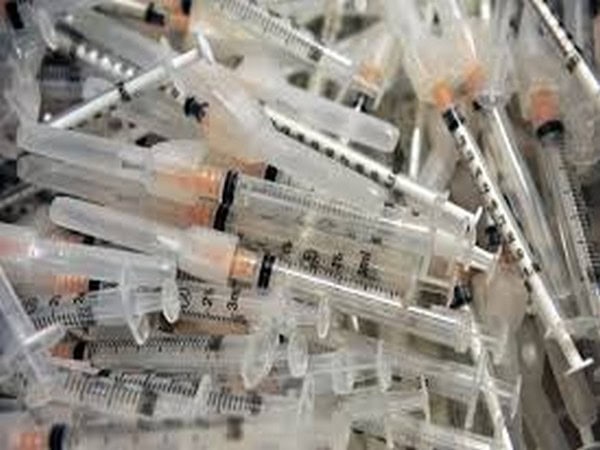Washington: Scientists have developed a new way that can help store vaccines and their subsequent transfer to remote and impoverished areas of the world.
The new method developed by McMaster scientists and published in the ‘Scientific Reports’ combines the active ingredients in existing vaccines with a sugary gel, where they remain viable for eight weeks or more, even at elevated temperatures.
“This, to us, is the ultimate application of this technology. To imagine that something we worked on in the lab could one day be used to save people’s lives is very exciting,” said the paper’s lead author Vincent Leung.
The method creates light, durable, and compact doses that would be ideal for shipping Ebola vaccine, for example, to affected regions of Africa, the researchers said. The process adds only marginal cost to preparing a vaccine and eliminates almost all the cost of transporting it – which can account for 80 per cent of the total cost of inoculation.
The storage technology was created by chemical engineers at McMaster, who had already demonstrated its effectiveness in other applications, such as an edible coating that can prolong the shelf life of fruits and vegetables.
The invention is significant because it can replace the cumbersome “cold chain” – constant storage at temperatures between 2C and 8C – which is currently necessary to keep anti-viral vaccines viable.
“You can spend all kinds of money developing a vaccine, but if it is deactivated by high temperature an hour before you can give it to someone, it doesn’t matter,” said co-author Ali Ashkar, a professor of Pathology and Molecular Medicine specializing in immunology.
The cold-chain challenge is so great, the researchers said, that in some regions, vaccines must be transported by camels bearing solar-powered mini-refrigerators. There are some populations that never receive vaccines.
“If you can’t get vaccines to the places where people need them, there’s no point in having them,” said co-author Matthew Miller, an assistant professor in the Department of Biochemistry and Biomedical Sciences whose laboratory specialises viral pathogens.
Not being able to get vaccines to isolated areas makes it impossible to eradicate deadly viruses. Unchecked, such viruses can devastate local populations and reach exposed pockets in more populated countries where religious, cultural or other concerns have diminished the proportion of vaccinated individuals.
The researchers have proven the method to be viable using two sample vaccines – influenza virus and herpes simplex virus !- to inoculate and test mice by exposing them to the viruses because the immune response of mice is similar to that of humans.
The researchers are working with a commercial partner to get the technology to market.
[source_without_link]ANI[/source_without_link]

